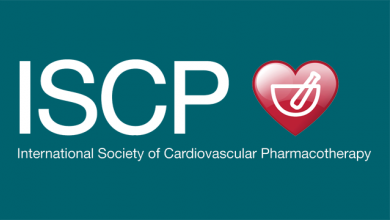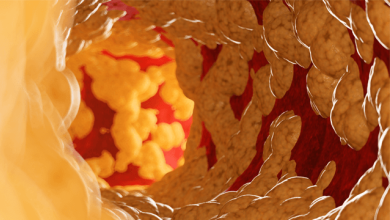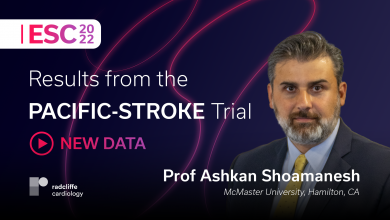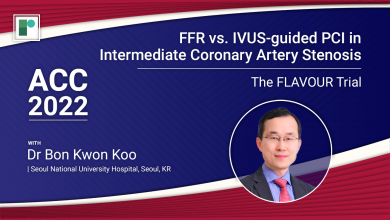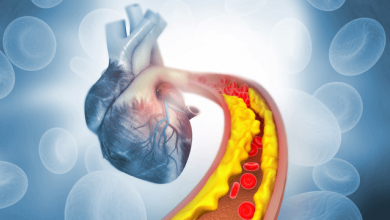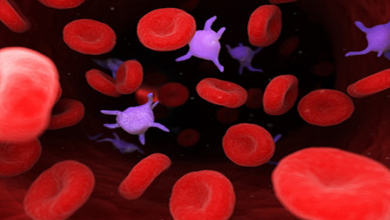Search results
Author(s):
Maya Rosana Amalia
,
Susi Herminingsih
Added:
2 years ago
Novel Oral Antiplatelet Agents
Author(s):
Suzanne J Baron
,
Robert P Giugliano
Added:
3 years ago
Article
Author(s):
Maki Komiyama
,
Gheorghe-Andrei Dan
,
Koji Hasegawa
Added:
1 year ago
Author(s):
Kerry Layne
,
Albert Ferro
Added:
3 years ago
Acute coronary syndrome (ACS) is a term used to encompass unstable angina (UA) and myocardial infarction (MI) with or without electrocardiographic (ECG) evidence of ST-segment elevation. Antiplatelet therapy has formed the backbone of ACS management for decades and the drug class continues to evolve as novel agents with increasingly efficacious antiplatelet actions are identified. The main risk…
View more
Author(s):
Ashkan Shoamanesh
Added:
1 year ago
ESC Congress 22 — Prof Ashkan Shoamanesh (McMaster University, CA) reveals the findings of the PACIFIC-STROKE trial (NCT04304508). This multicenter study aims to find the best dose of oral FXIa inhibitor, asundexian (Bayer). 1808 patients with non-cardioembolic ischemic stroke were included in this trial, and were randomized to receive different doses of asundexian.
Questions:
What doses were…
View more
Author(s):
Bon-Kwon Koo
Added:
2 years ago
In this short interview from our coverage of ACC.22 late-breaking trials, Dr Bon Kwon Koo (Seoul National University Hospital, KR) discusses the FLAVOUR trial (NCT02673424).
FLAVOUR was a multicentre, non-inferiority, randomised clinical trial which sought to compare the safety and efficacy of FFR-guided stenting and IVUS-guided stenting. Presented first at ACC.22, the trial demonstrated that…
View more
Author(s):
Diego Penela
,
Maríbel Diaz-Ricart
,
Magda Heras
Added:
3 years ago
The usual underlying mechanism of acute coronary syndromes (ACSs) is a thrombotic event caused by the rupture or erosion of an atherosclerotic plaque. In this scenario, platelets and thrombin are key players. Thus, understanding the physiopathology of platelet activation is of paramount importance in the treatment of acute coronary ischaemia. There is ample evidence showing that adequate…
View more
Author(s):
Jack Wei Chieh Tan
,
Derek P Chew
,
Kin Lam Tsui
,
et al
Added:
2 years ago
Author(s):
Olaf Schouten
,
Don Poldermans
Added:
3 years ago
Percutaneous coronary angioplasty with stenting is commonly used for treatment of symptomatic coronary artery disease (CAD). The introduction of stents has reduced the incidence of restenosis, one of the major drawbacks of coronary angioplasty, and proved to be an alternative treatment for bypass surgery. Recently, drug-eluting stents were introduced as a means to lower restenosis rates even…
View more
Dual Antiplatelet Therapy in CAD
Author(s):
Christopher N Floyd
Added:
3 years ago
Article








